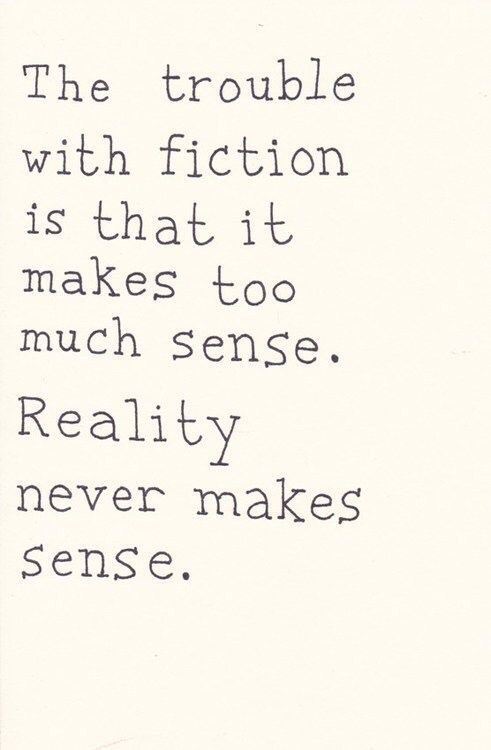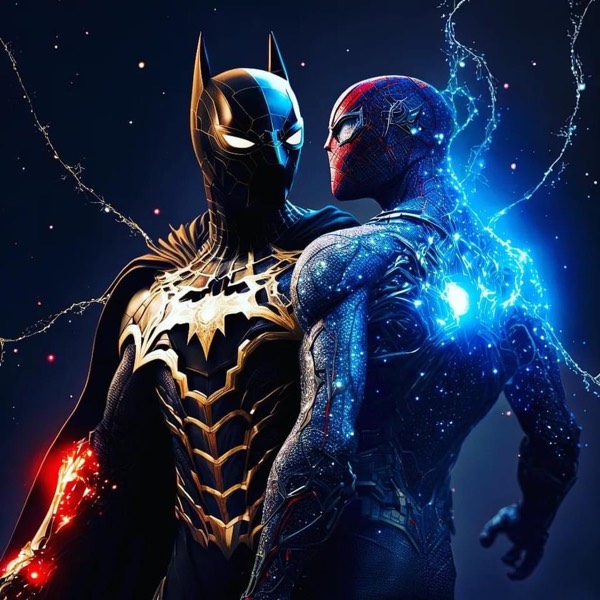
Binati Sheth
@Binati_Sheth · 2:40
What is the value of reading fiction?
What is the value of fiction? Fiction writing is about processing emotional truths. Hello. Swell binati shape here. And today we are talking about the value of reading fiction. An example could offer is amy Tan's joy luck club. She processed the complex bond she has had with her mother. Her mother had a traumatic past of her own. Again, this is the nonfictional Life of Emitan, which she got inspired from and wrote, or rather turned into the Joel A Club
And so, from the dancing in the imaginative spaces, to the emotional truths, to the reflecting on and pondering thinky thinky things I don't know, there's a richness in fiction that I think is sometimes lost when people decide that fiction is beneath them. And I'm like, there is so much there that you will never get with nonfiction because it doesn't connect with you in the same way

Binati Sheth
@Binati_Sheth · 4:56
And therefore, when some types of diabolical behavior shows up in fiction, our reaction not talking about you and me, but of the overall Sadge, the overall reaction is, oh, yeah, this is not brutal enough or this is not like, whatever. And there's something unbelievably sad about that, if you ask me. So, yeah, I think diabolical is normal if we look at it from the global perspective, because there are parts of our societies that we call culture and just normalize
Now that I think about it, I suppose that's part of fiction in that there's what happened, but then all of the ins and outs, all of the interwovenness is not as important because that's not the goal of what's being told or that's not the goal of what's happening in the story. And so you sort of have to suspend disbelief
So, for instance, I just read this book where they had taken a noble idea of wanting to create a more peaceful world and they took the idea of a therapy and, let's say, rewiring or shifting how one perceives the past, but then gradually shifted it from that into an erasing of memories, a detaching of memories from what was to something else. So it didn't have the same emotional connections
Oh, and thank you for the book recommendation. I see it's already on my list. I must get to that

Binati Sheth
@Binati_Sheth · 4:07
So when you actually read about Unit 731, your blood curdles. It doesn't just boil over and spill over and then just lie there. It curdles on the spot. It's so disgusting and it's so difficult to imagine how human beings could come down to this. And then you read about Arrow, which definitely is the Green Arrow is a comic. And then it turned into, like, this TV show, which a lot of people watched
Not just as a representation of what happened historically, but to take it into this comic realm of being not to tell us about history, but to be plot element of entertainment. Just wild

Ethan Carpenter
@eeeethooo · 2:40
It's what makes it fun and cool, because we can dream up things that can't be explained logically through nonfiction writing. Historical, chronological, systematic, scientific dialogue can't really encompass some of the emotions that humans feel, especially those humans a long time ago, right? And we can look through the lens of these people by reading their books. A good example is Tolkien, right? Jr. Tolkien. I'm probably the only American who will say it that way, too
How are you doing tonight? Misha? I would like to say good question. And I feel like one of the values of reading fiction is it breaks down the barrels of your mind. It helps you become more of a creative thinker. And also there might be principles and things amongst ourselves that we can't really put a word. I can't say English word because we all speak different languages. But any word, some principles can't be explained

Ethan Carpenter
@eeeethooo · 1:03
Hey, Ale, it's good to hear from you on this one, man. I wanted to jump in because what you said was really cool and important, and that was principles and putting those into books and taking things out of books that you could apply in your life as a principal. And that's something that I've tried to implement, especially in my book

Binati Sheth
@Binati_Sheth · 4:27
In the positives as well as the negatives, you can convey a better story or a more engaging story with fiction, in my opinion. And you can distribute information and make your point undeniably with non fiction. Both of these mediums of storytelling are great at what they do. And I think there's, as you rightly pointed out, one is better than the other. It's just that both of them serve a purpose

Binati Sheth
@Binati_Sheth · 3:15
That's how it is. Let it go. And because of that, a lot of things, a lot of sinister things get swept under the rug. But if I see something like this in a fictionalized narrative, which based on real events or not, it's going to speak to me, and it will break down these barriers, these barrier conditioning barriers, these weird little cognitive biases that kick in without us even realizing it
Hey, top of the rise to you, Ben, and how you doing this am I want to say gratitude and thank you for the compliment. And you mentioned two key points when it comes to watching television and how things get swept up on the rug. In this true watching television, your empatheticness is tied into motions of the people in the situation on the film. And you feel the first handwrite of that film be fiction and not the emotion is real




